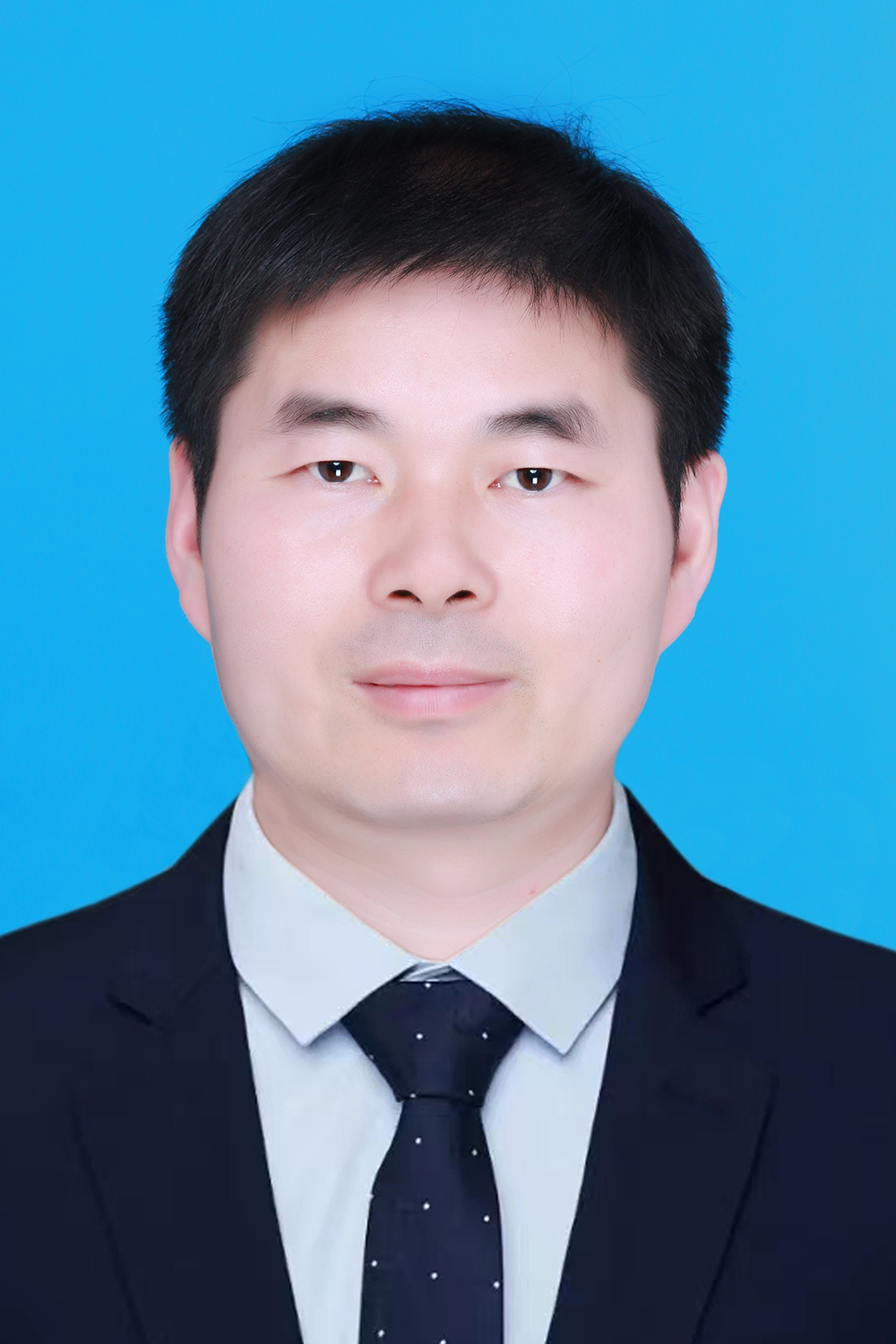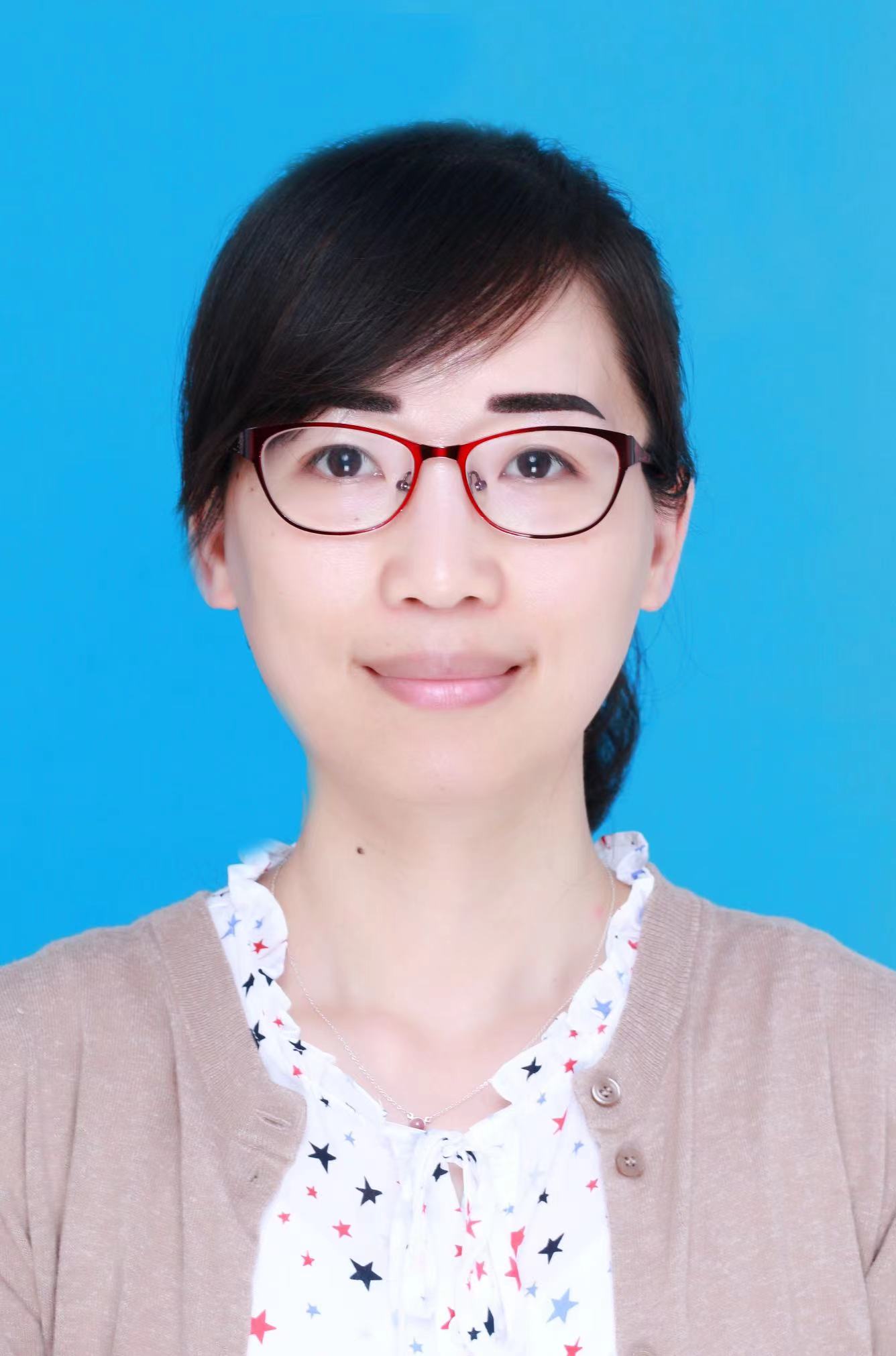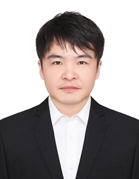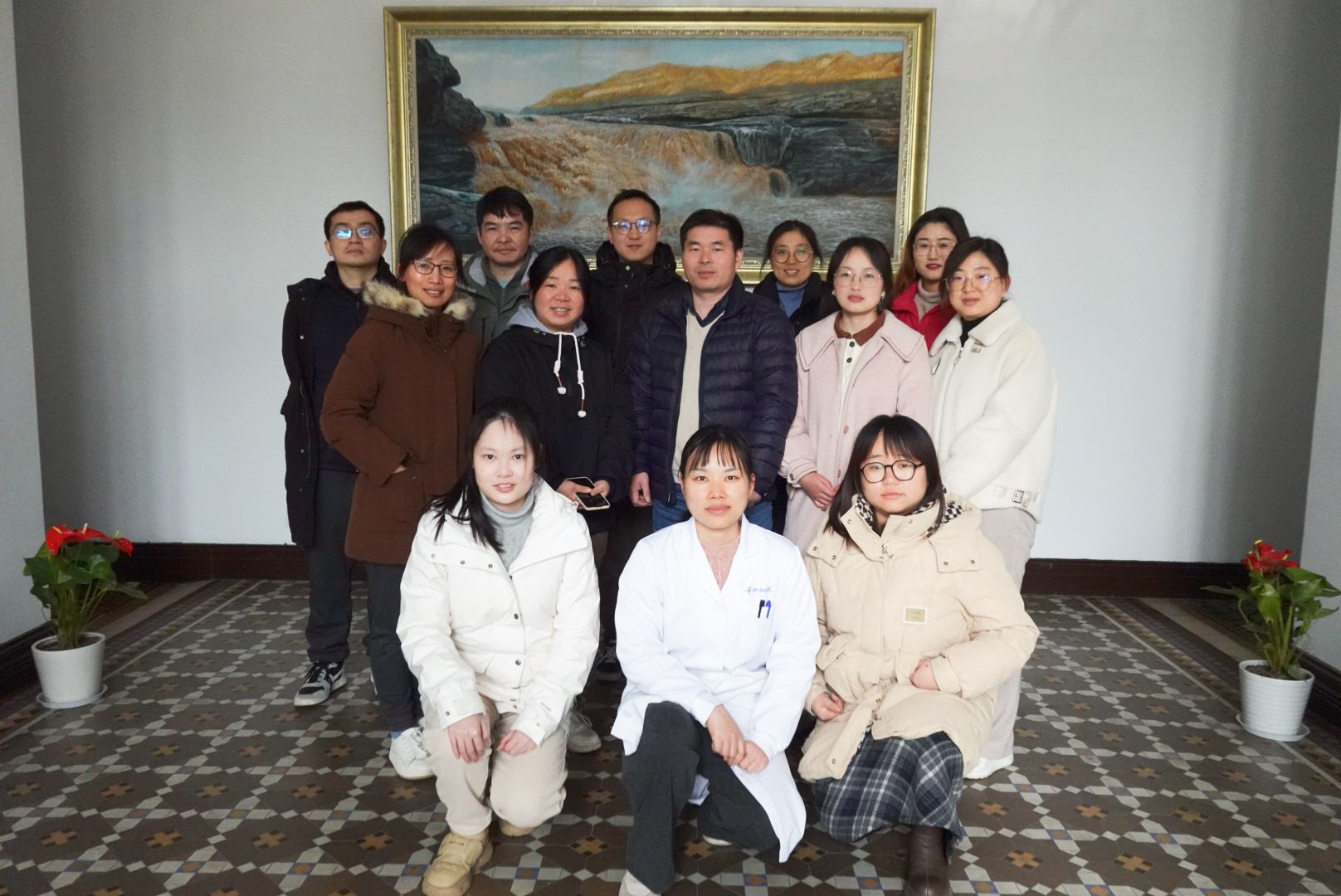Education:
Sep. 2003-Jul. 2007 Bachelor of Science Fudan University, Shanghai, China
Sep. 2007-Jan. 2013 Ph.D. in Cell Biology Shanghai Institute of Organic Chemistry,Chinese Academy of Sciences,Shanghai, China Advisor: Dr. Junying Yuan
Working experience:
Dec. 2012-Nov. 2015 Postdoctoral Associate Interdisciplinary Research Center on Biology and Chemistry, Shanghai Institute of Organic Chemistry, Chinese Academy of Science,Shanghai, China Advisor: Dr. Junying Yuan
Dec. 2015-April.2023 Postdoctoral Fellow Harvard Medical School, Boston, MA, USA Advisors: Dr. Wenyi Wei
May.2023-Now Principle investigator Songjiang Institute, Shanghai Jiao Tong University School of Medicine, China
Biography:
Dr. Tao Zhang received his B.S. from Fudan University in 2007. He then received Ph.D. in Chemistry at Interdisciplinary Research Center on Biology and Chemistry, Shanghai Institute of Organic Chemistry, Chinese Academy of Sciences in 2013, gaining expertise in cell biology, mentored by Prof. Junying Yuan. Tao’s Ph.D. work focused on how G-protein Coupled Receptors(GPCR)Regulate Autophagy. During 2015-2023, Tao worked as a Postdoc Fellow investigating the mechanisms by which metabolic stress regulates RIPK1-dependent cell death and inflammation. Tao’s work has been published in several important journals such as Science and Nature Cell Biology. Currently, Tao is an investigator in Shanghai Jiao Tong University School of Medicine. His interest is to further explore the mechanism (s) that cell death and inflammation cause human diseases especially neurodegenerative diseases.
 Tao Zhang
Tao Zhang
Research interests: Signal transduction, Cell Death, Inflammation
Cell death and inflammation play a very important role in the development of neurodegenerative diseases, and RIPK1 has emerged as a master upstream regulator of cell survival and inflammation, as well as multiple cell death pathways. However, the mechanism(s) that regulate the activation of RIPK1 remain elusive. Zhang Lab is dedicated to investigating the mechanism(s) that regulate the activity of RIPK1 and the physiological and pathological functions that RIPK1 plays in a multitude of human degenerative diseases. Dr. Zhang has achieved much groundbreaking work, and the above studies will provide a theoretical basis and new intervention strategies for the treatment of aging-related neurodegenerative diseases. These work have been published in several famous journals such as Science and Nature Cell Biology as the first or corresponding author. Dr. Zhang will continue to explore the roles that RIPK1-mediated cell death and inflammation have played in the development of neurodegenerative diseases such as Parkinson’s disease, and it is expected to provide new ideas for the treatment of these diseases.
-
 Xiaoxia Wang, Associate Professor
Email:xiaoxiawang@shsmu.edu.cn
Research Direction:Cell Death, Inflammation and Neurodegenerative Disease
Xiaoxia Wang, Associate Professor
Email:xiaoxiawang@shsmu.edu.cn
Research Direction:Cell Death, Inflammation and Neurodegenerative Disease
-
 Jingjing Su, Laboratory Manager
Email:sujingjing@shsmu.edu.cn
Research Direction:The function and mechanisms of cell death and inflammation in human diseases
Jingjing Su, Laboratory Manager
Email:sujingjing@shsmu.edu.cn
Research Direction:The function and mechanisms of cell death and inflammation in human diseases
-
 Min Liu, M.S
Email:minliu1265@gmail.com
Research Direction:The function and mechanisms of cell death and inflammation in human diseases
Min Liu, M.S
Email:minliu1265@gmail.com
Research Direction:The function and mechanisms of cell death and inflammation in human diseases
-
 An Jie, PhD students
Email:anjie_lucky@126.com
Research Direction:
An Jie, PhD students
Email:anjie_lucky@126.com
Research Direction:
-
 Ruilong Xia, Postdoc.
Email:xiaruilong@hotmail.com
Research Direction:The function and mechanisms of cell death and inflammation in human diseases
Ruilong Xia, Postdoc.
Email:xiaruilong@hotmail.com
Research Direction:The function and mechanisms of cell death and inflammation in human diseases
-
 Yegen Tang,Postdoc.
Email:yegentang2022@163.com
Research Direction:The function and mechanisms of cell death and inflammation in human diseases
Yegen Tang,Postdoc.
Email:yegentang2022@163.com
Research Direction:The function and mechanisms of cell death and inflammation in human diseases
-
 Baolan Cao
Email:baolan2020@163.com
Research Direction:The function and mechanisms of cell death and inflammation in human diseases
Baolan Cao
Email:baolan2020@163.com
Research Direction:The function and mechanisms of cell death and inflammation in human diseases
-
Tao Zhang#, Daichao Xu#,*, Elijah Trefts#, Mingming Lv#, Jianping Liu, Min Liu, Chen Chu, Min Wang, Huibin Wang, Huyan Meng, Hui Liu, Yuan Zhuang, Xingxing Xie, Fabin Dang, Cong Jiang, Xiaoming Dai, Yu-Ru Lee, Hiroyuki Inuzuka, Emily Erickson, Alissandra L. Hillis, Christian C. Dibble, Ji Miao, John M. Asara, Gyongy Szabo, Piotr Sicinski, Lifeng Pan*, Reuben J. Shaw*, Junying Yuan*, and Wenyi Wei*. Metabolic orchestration of cell death and inflammation through AMPK-mediated phosphorylation of RIPK1.Science, in press,2023.

-
Xiaoming Dai#, Cong Jiang#, Qiwei Jiang, Lan Fang, Haihong Yu, Jinhe Guo, Peiqiang Yan, Fangtao Chi,Tao Zhang, Hiroyuki Inuzuka, John M. Asara, Ping Wang, Jianping Guo*, Wenyi Wei*. AMPK-dependent phosphorylation of GATOR2 component WDR24 suppresses glucose-mediated mTORC1 activation.Nature Metabolism, vol. 5,2 (2023):265-276

-
Tao Zhang#, Daichao Xu#,*, Jianping Liu#, Min Wang#, Li-Juan Duan, Mingming Lv, Huyan Meng, Min Liu, Yuan Zhuang, Yu-Ru Lee, Huibin Wang, Linyu Shi, Rui Guo, Hui Liu, Emily Erickson, Yaru Wang, Wenyu Yu, Fabin Dang, Cong Jiang, Xiaoming Dai, Zhengyi Zhang, Gewei Lian, Ji Miao, Gyongy Szabo, Guo-Hua Fong, Lifeng Pan, William G. Kaelin, Jr., Junying Yuan* and Wenyi Wei*.Oxygen-sensitive Prolyl Hydroxylation of RIPK1 Suppresses Its Activation. Nature Cell Biology, in press,2023.

-
Cong Jiang#, Xiaoming Dai#, Shaohui He, Hongfei Zhou, Lan Fang, Jianping Guo, Songlei Liu,Tao Zhang, Weijuan Pan, Haihong Yu, Tianmin Fu, Dali Li, Hiroyuki Inuzuka, Ping Wang, Jianru Xiao*, and Wenyi Wei*. Ring domains are essential for GATOR2-dependent mTORC1 activation.Molecular Cell, S1097-2765(22)01134-0.

-
Tao Zhang#, Na Zhang#, Jing Xing#, Shuhua Zhang#, Yulu Chen#, Daichao Xu*, and Jinyang Gu*. UDP-glucuronate metabolism controls RIPK1-driven liver damage in nonalcoholic steatohepatitis.Nature Communications 14,2715,2023.

-
Yuanxin Yang#, Xingyan Li#,Tao Zhang#, and Daichao Xu*. RIP kinases and necroptosis in aging and aging-related diseases.Life Medicine, lnac003,https://doi.org/10.1093/lifemedi/lnac003.

-
Tao Zhang#, Yingnan Wang#, Hiroyuki Inuzuka, Wenyi Wei*. Necroptosis pathways in tumorigenesis.Seminars in Cancer Biology vol. 86,Pt 3 (2022): 32-40.

-
Lingjie Yan#,Tao Zhang# , Kai Wang#, Zezhao Chen, Yuanxin Yang, Bing Shan, Qi Sun, Mengmeng Zhang, Yichi Zhang , Yedan Zhong, Nan Liu, Jinyang Gu, Daichao Xu*. SENP1 prevents steatohepatitis by suppressing RIPK1-driven apoptosis and inflammation.Nature Communications vol. 13,1 7153.2022.

-
Fabin Dang#, Li Nie#, Jin Zhou#, Kouhei Shimizu, Chen Chu, Zhong Wu, Anne Fassl, Shizhong Ke, Yuangao Wang, Jinfang Zhang,Tao Zhang, Zhenbo Tu, Hiroyuki Inuzuka, Piotr Sicinski, Adam J Bass, Wenyi Wei*. Inhibition of CK1ε potentiates the therapeutic efficacy of CDK4/6 inhibitor in breast cancer. Nature communications. 2021;12(1):5386.

-
Fabin Dang#, Cong Jiang#,Tao Zhang*, Hiroyuki Inuzuka*, Wenyi Wei*. PCAF and SIRT1 modulate βTrCP1 protein stability in an acetylation-dependent manner.J Genet Genomics. 2021; 48(7):652-655.

-
Ji Cheng, Brian J North,Tao Zhang, Xiangpeng Dai, Kaixiong Tao, Jianping Guo, Wenyi Wei*. The emerging roles of protein homeostasis-governing pathways in Alzheimer's disease. Aging Cell. 2018;17(5):e12801.

-
Ji Cheng,Tao Zhang, Hongbin Ji, Kaixiong Tao, Jianping Guo and Wenyi Wei*. Functional characterization of AMP-activated protein kinase signaling in tumorigenesis.Biochim Biophys Acta. 2016 ,1866(2): 232–251

-
Daichao Xu, Bing Shan#, Byung-Hoon Lee#, Kezhou Zhu#, Tao Zhang#, Huawang Sun, Min Liu , Linyu Shi, Wei Liang, Lihui Qian ,Juan Xiao, Lili Wang , Lifeng Pan , Daniel Finley ,Junying Yuan*. Phosphorylation and activation of ubiquitin-specific protease-14 by Akt regulates the ubiquitin-proteasome system.eLife, 4, e10510. 2015.

-
Tao Zhang#, Kangyun Dong#, Wei Liang#, Daichao Xu#, Hongguang Xia#, Jiefei Geng, Ayaz Najafov, Min Liu, Yanxia Li, Xiaoran Han, Juan Xiao, Zhenzhen Jin, Ting Peng, Yang Gao, Yu Cai, Chunting Qi, Qing Zhang, Anyang Sun, Marta Lipinski, Hong Zhu, Yue Xiong, Pier Paolo Pandolfi, He Li, Qiang Yu and Junying Yuan*. G-protein Coupled Receptors regulate autophagy by ZBTB16-mediated ubiquitination and proteasomal degradation of adaptor protein Atg14L.eLife, 4, e06734,2015.

-
Hong-guang Xia, Ayaz Najafov#, Jiefei Geng#, Lorena Galan-Acosta#, Xuemei Han#, Yuan Guo, Bing Shan, Yaoyang Zhang, Erik Norberg,Tao Zhang, Lifeng Pan, Junli Liu, Jonathan L. Coloff, Dimitry Ofengeim, Hong Zhu, Kejia Wu, Yu Cai, John R. Yates, Zhengjiang Zhu, Junying Yuan*, and Helin Vakifahmetoglu-Norberg. Degradation of HK2 by chaperone-mediated autophagy promotes metabolic catastrophe and cell death.Journal of Cell Biology, 2015, 210(5):705-16.

-
Daichao Xu,Tao Zhang#, Juan Xiao#, Kezhou Zhu, Ran Wei, Zheming Wu, Huyan Meng, Ying Li and Junying Yuan*. DeISGylation of Beclin1 by USP18 regulates type I interferon controlled autophagy.Autophagy, 2015.11:4, 1--12.

-
Juan Xiao,Tao Zhang#, Daichao Xu#, Huibing Wang, Yu Cai, Taijie Jin, Ming Liu, Mingzhi Jin, Kejia Wu and Junying Yuan*. FBXL20 mediated Vps34 ubiquitination as a p53controlled checkpoint in regulating autophagy and receptor degradation.Genes & Development, 2014, 29: 184-196.

-
Junli Liu#, Hongguang Xia#, Minsu Kim, Lihua Xu, Ying Li, Lihong Zhang, Yu Cai, Helin Vakifahmetoglu Norberg, Tao Zhang, Tsuyoshi Furuya, Minzhi Jin, Zhimin Zhu, Huanchen Wang, Jia Yu, Yanxia Li, Yan Hao, Augustine Choi, Hengming Ke, Dawei Ma, and Junying Yuan*. Beclin1 controls the levels of p53 by regulating the deubiquitination activity of USP10 and USP13.Cell, 2011,147: 223–234

-
Hong-guang Xia, Lihong Zhang, Gang Chen#,Tao Zhang#, Junli Liu, Mingzhi Jin, Xiuquan Ma, Dawei Ma, and JunyingYuan*. Control of basal autophagy by calpain1 mediated cleavage of ATG5.Autophagy. 2010, 6(1): 61–66.











 Location:
Location:
